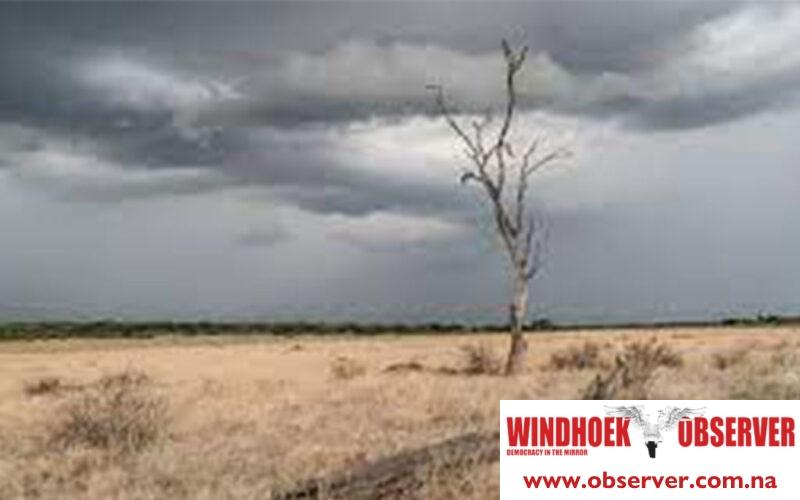The Namibian economy faces risks from low rainfall due to the El Niño weather pattern, NedNambia Holdings has evaluated.
Softer global demand will keep the prices of the country’s key exports lower than in 2022. The Bank of Namibia’s latest figures predict that economic growth will moderate to 3,4% in 2024 and 3,1% in 2025 from an estimated 3.9% in 2023.
Nedbank believes that a more favourable global environment and progress in addressing domestic inefficiencies would help to maintain economic growth at close to 3,5% between 2024 and 2025.
The group said in condensed results for the year ended 31 December 2023, that profit after taxation increased by 54,6% to N$ 460m. Headline earnings increased by 28,5% to N$383 million from N$298 million, driven by the higher-interest-rate environment, client growth as well as good expense management, with pre provisioning operating income growing by 15% year on year. The group said its courtside building was completed in January 2023 and revaluated for the first time in December 2023, resulting in a fair-value gain of N$77m, contributing positively to the profit after tax.
NedNamibia said the growth of private sector credit extension slowed down to 1,9% year on year, which is a decrease from the 4,2% recorded at the end of December 2022.
“In 2023, true to our strategy to grow in high economic sectors, we actively participated in the mining, transport, retail and energy sectors by partnering with our clients through offering a range of financial solutions,” the group said.
Looking forward to 2024, the group said the impact of past interest rate hikes will continue to filter through economies, containing both domestic and external demand. The short-term outlook is also constrained by a weakening Chinese economy as the global powerhouse struggles with protracted vulnerabilities in the property sector, weak domestic demand, and an unfavourable external environment.
The escalating tensions in the Middle East also pose a significant threat to the growth and inflation outlooks, NedNamibia said.
“Regionally, economic activity in southern Africa has reflected the impact of the less favourable global environment, drier weather conditions, and domestic logistical constraints. South Africa continues to be weighed down by power outages and the inefficient rail and ports network.”




